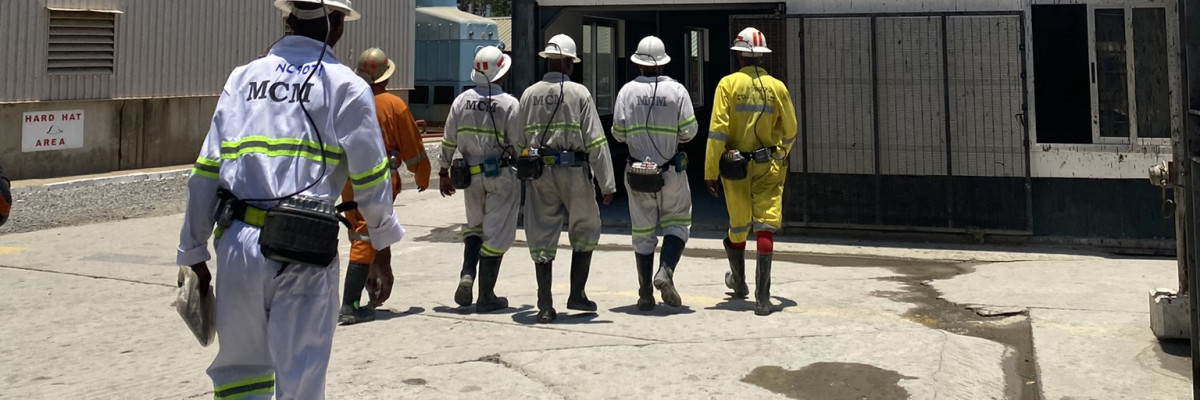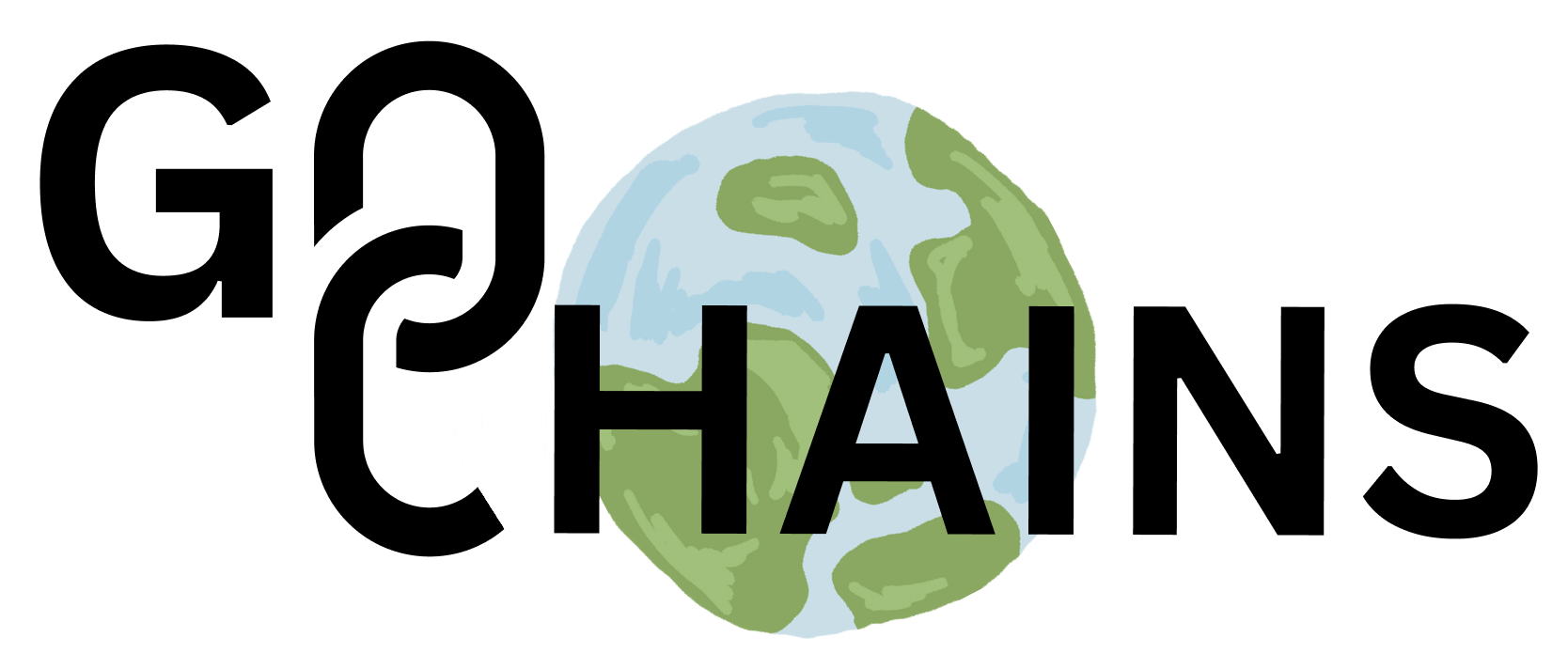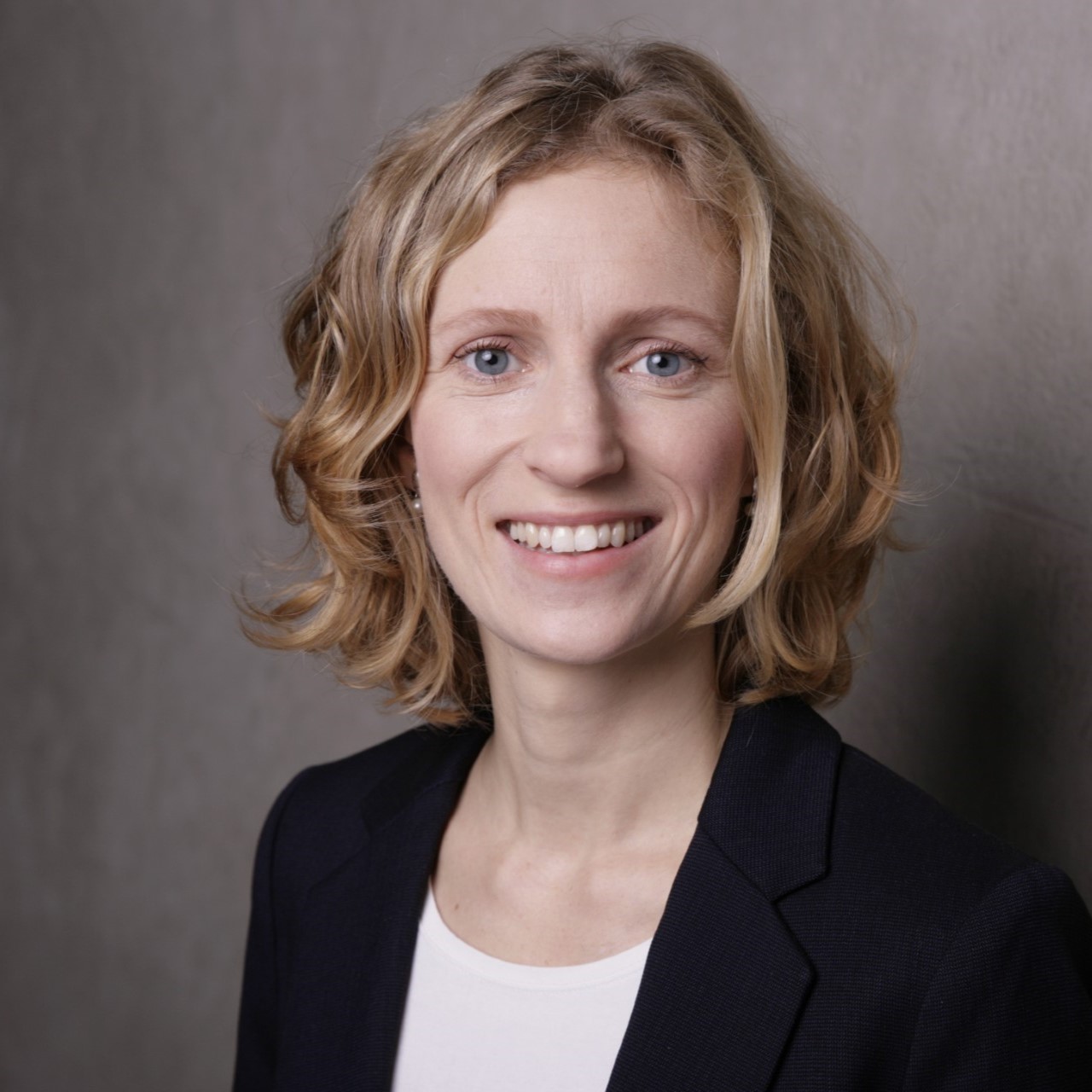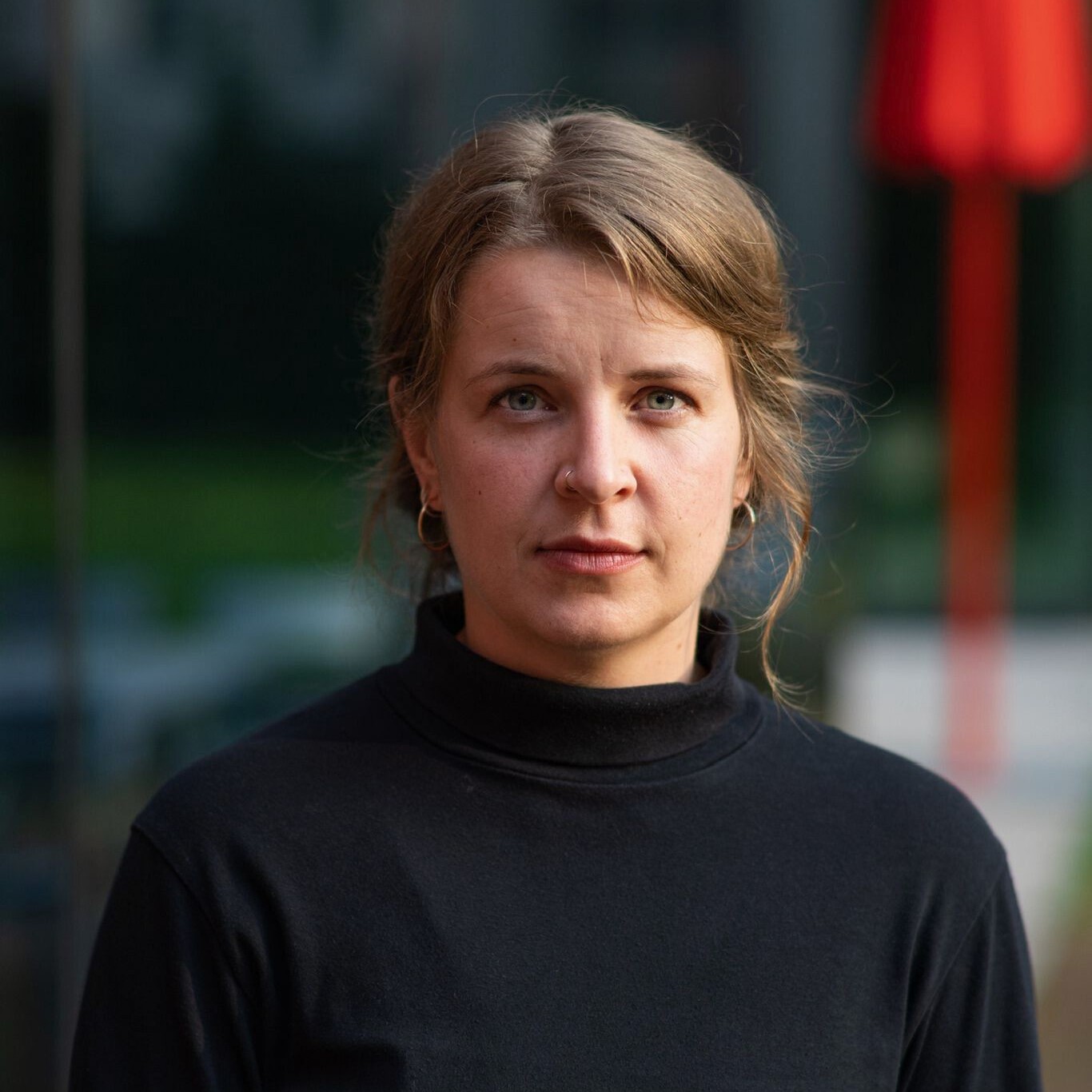
Raw Materials Policy at the Crossroads: Geopolitical Rivalry and the Quest for Value Addition
Join Dr Christina Saulich (BMZ) and Meike Schulze (SWP) for field research insights, policy perspectives, and open discussion over coffee and cake.

Since Russia’s invasion of Ukraine in 2022, the EU has intensified efforts to strengthen economic security. Critical raw materials (CRMs) are central to this agenda, as they are vital for green, digital, and defence technologies but expose Europe to risks of external coercion. The EU’s dual strategy—building domestic capacity while diversifying externally through partnerships—now confronts an increasingly volatile geopolitical landscape. Since President Trump’s return to office in 2025, U.S. foreign policy shifts, escalating U.S.–China rivalry, and fragmented trade have further disrupted global mineral supply chains.
At the same time, producer countries in the Global South are asserting greater agency in the global competition on raw materials. Traditionally positioned as exporters with limited local benefits, they now seek to reposition themselves in global supply chains through industrial strategies, promotion more local “value addition.” These ambitions open space for more balanced international partnerships but also underscore persistent tensions: between different political priorities and market power, between rhetoric and practice, and between the promise of value addition and the difficulty of making it a reality.
The seminar brings together academic analysis and policy practice, offering insights into practical policy work and policy-oriented research in the field of raw materials politics.
Format
· Part I: Structures and Dynamics in Mineral Supply Chains – Analytical input on mineral supply chains and their complex challenges, EU policy responses, and a case study on Zambia’s raw materials strategy and external engagement, with a focus on questions of “mutual benefit” and value creation.
Coffee break
· Part II: From Analysis to Policy Practice – Interactive session, discussing current political priorities, its implications for development cooperation (BMZ), and the role and methods of policy-focused research related on raw materials policy.
The event is organized in cooperation with the Joachim Herz Doctoral School of Law.
Dr. Christina Saulich is a Senior Policy Officer at the Federal Ministry for Economic Cooperation and Development. Her work centres on enhancing sustainability, transparency and good governance in mineral supply chains. Previous to joining the ministry, Christina worked as a researcher at the German Institute for International and Security Affairs in a research project on the governance of sustainability in the copper and platinum supply chains. Christina has 10 years of experience working on global supply chains with a particular focus on mineral and agricultural supply chains. She holds a PhD in political science and a Master’s Degree in International Relations.
Meike Schulze is a Researcher at the German Institute for International and Security Affairs (SWP) in Berlin, affiliated with the research division “Africa and Middle East.” Her work within the SWP project International Raw Material Cooperation for Sustainable and Resilient Supply Chains focuses on the governance of sustainable supply chains, resource governance, geopolitics and critical raw materials (CRMs), with a regional focus on Southern Africa. She holds an M.A. in Political Science from Free University Berlin and an M.Sc. in Public Policy and Human Development from United Nations University-MERIT and Maastricht University.
Wann & Wo
Leuphana Universität Lüneburg


